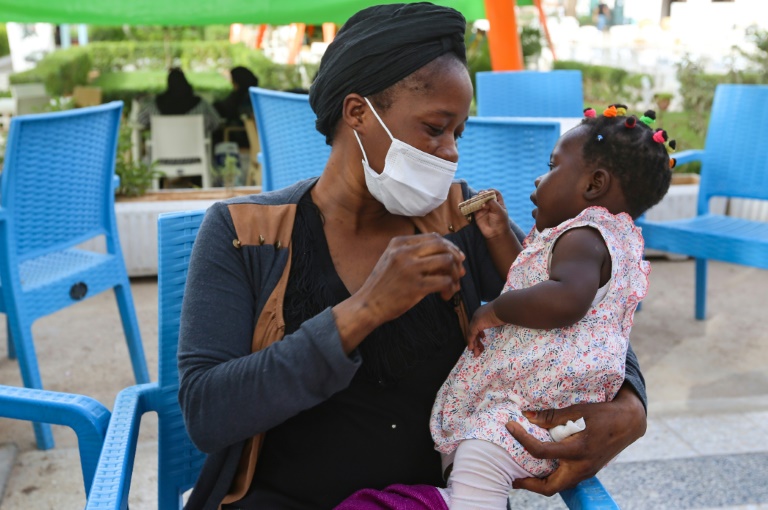The first few months and years of life are of great importance for the development of the human immune system. During this time, the immune system can define which diseases individuals might develop later in life.
A new project has been formed to explore this area further. The project is ‘INITIALISE’ (to represent “Inflammation in human early life: targeting impacts on life-course health”), a joint research project of ten universities. The aim is to study which environmental factors and mechanisms modify the human immune system in early life.
The project will also consider if targeted interventions could have a positive impact. Essentially this will explore if the immune system can be modified so that the risks for different diseases would decrease. The project has received seven million euros in funding from Horizon Europe.
The researchers are also interested in the mother’s diet, chemical exposures, and stress during pregnancy. The intricate interplay of environmental factors and genetics and their impact on the development of the immune cells is not yet well understood.
The development of the human immune system progresses as a child is exposed to numerous bacteria, viruses, and other environmental factors. Scientists see exposure is important to the development of the immune system. However, this stage of development is not without its risks.
According to lead researcher, Professor Matej Orešič of the University of Turku: “The first few months and years are a very delicate and vulnerable time. We already know that the development of the human immune system in early life is connected to the risks of several diseases later on, particularly allergies, asthma, and autoimmune diseases, such as type 1 diabetes.”
The Finland based researcher adds: “Yet, the mechanisms of immune imprinting in early life are still poorly understood.”
The researchers will also study how chemicals impact the immune system. Here, a small exposure to chemicals can have significant consequences.
The project will run for six years and it will consist of eight prospective and longitudinal birth cohort studies, where the researchers follow groups of children for a long period of time to observe the development of immune-mediated diseases.
The research will culminate with a clinical trial designed to target the gut microbiome in at-risk children.














